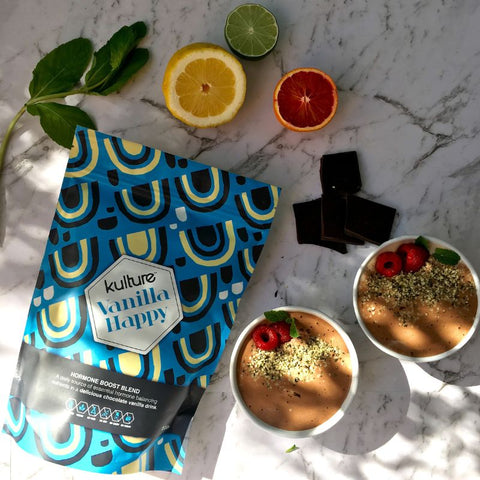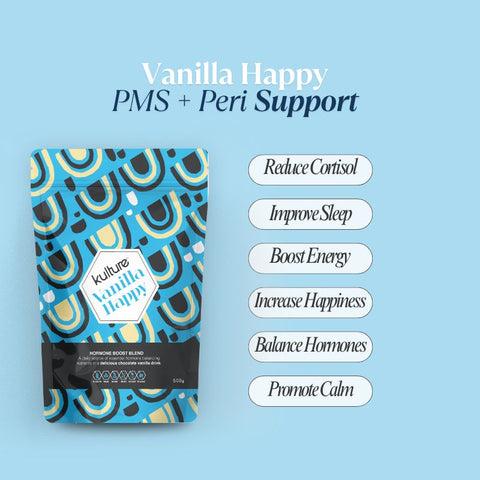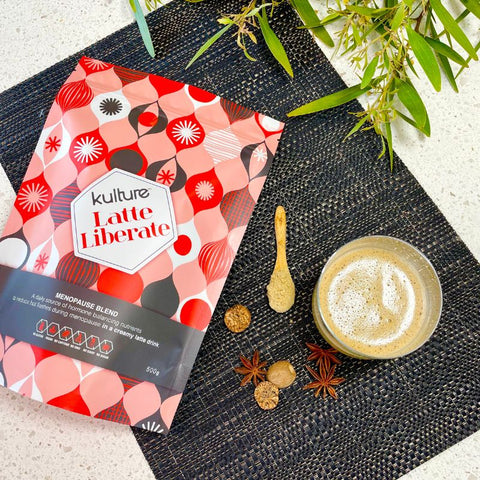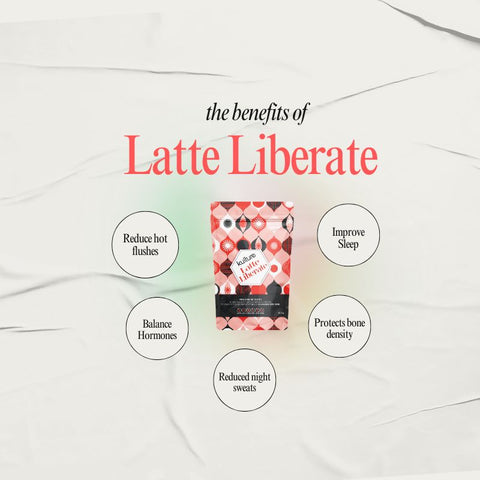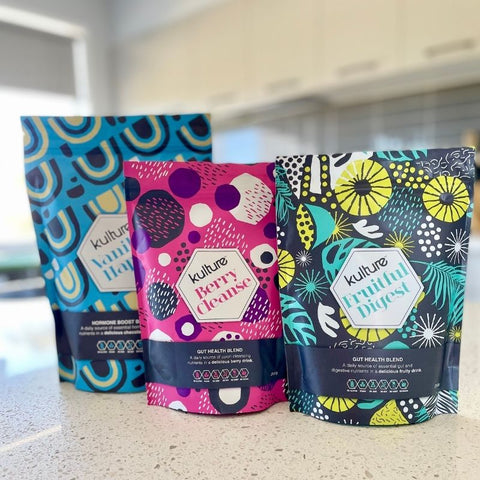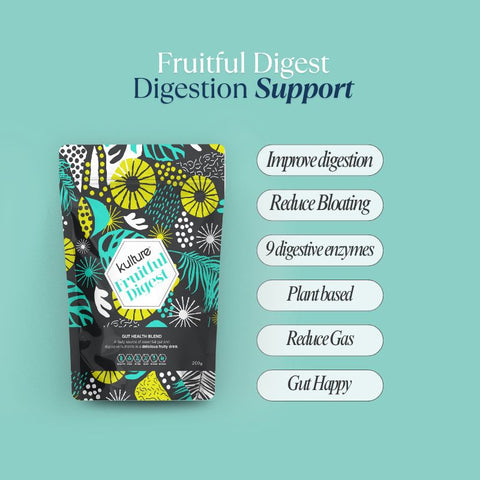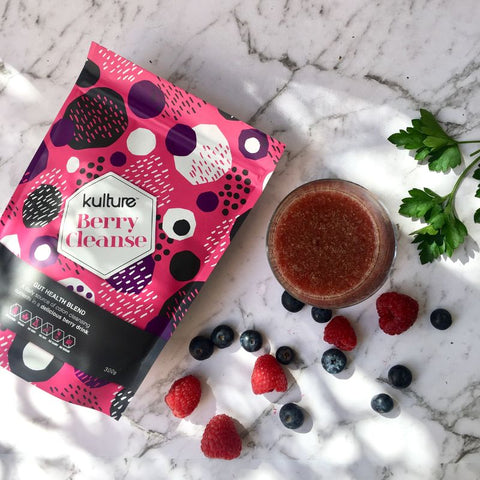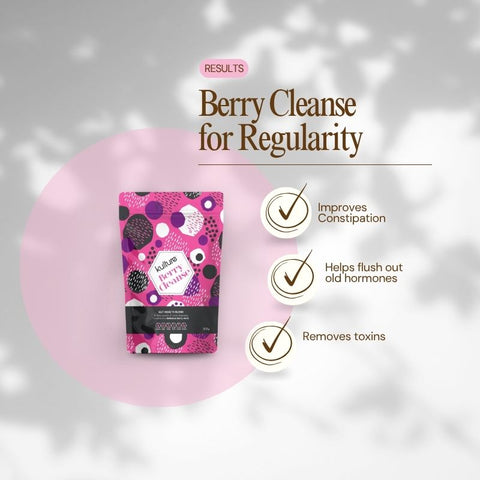The World Health Organisation (WHO) has declared what we have known all along, that Stress is the “health epidemic of the 21st century”. It affects everybody and is not confined to any gender, occupation, race, or age. It can have detrimental results if left unmanaged. There are a great number of health and wellness products and practices that are mainly devoted to managing stress since it is a very real and very costly epidemic. In Australia alone ““Sick workers dragging themselves into the office are costing the Australian economy more than $34 billion a year [1].”
What is stress
The Merriam - Webster dictionary defines stress as: a state resulting from a stress; especially : one of bodily or mental tension resulting from factors that tend to alter an existent equilibrium (e.g. job-related stress) [2]. This means that there is no end all and be all cause to stress. Stress can result from a number of things, and many of those things are beyond our control.
Hormones and stress
When we become stressed, our body goes into flight or fight mode. There are 3 major hormones that help this response along. The first one is Adrenaline. Adrenaline increases your heart rate, focuses your attention, and gives you a surge of energy. You can imagine that this will come in handy if your house is on fire and you have to get people out. But if you’re in a constant state of stress, your muscles tense up, your breathing is faster and shallow, and you’re sweating a lot. This heightened response does not bid well for you if your body is almost always left in this state.
Another hormone released when we are stressed is Norepinephrine which acts a lot like Adrenaline. It makes you more responsive by shifting blood flow towards where your body deems it is more needed, like your muscles, so you have more strength to respond to stressors quickly. This is why you feel tense and constantly tired when you’re stressed.
Cortisol the stress hormone
Lastly, there’s Cortisol. Cortisol is a steroid hormone, commonly known as the stress hormone. Like the first two, it helps regulate some bodily functions that aren’t crucial at the moment and drives processes considered more important like increased blood pressure. Again, this can be a good thing in the face of danger. These 3 hormones make you quicker to respond to danger, more focused, and stronger. However, elevated levels over a long period of time of these 3 hormones can cause serious repercussions to your health. It manifests in many ways such as a weaker immune system, higher blood pressure, decreased libido, risk for obesity, sleep disorder, and can even contribute to mental health disorders.
How you can reduce stress
Unfortunately, stress cannot be avoided. We might have challenging jobs, home responsibilities, and difficult relationships that can cause us to be under stress for long periods of time. So if stress can not be avoided, what can we do about it?
Here are 4 ways that can help to bring your stress levels down:
Take a walk (or a meditative activity)
Walking can bring your body into a state of meditation specifically via a phenomenon known as “involuntary attention”. This is the act of engaging in an activity that allows for reflection while doing something that holds our attention. The saying “walk it off to clear your head” really does hold water...or any repetitive activity for that matter (running, yoga, pilates, deep breathing exercises) that you can do to bring your body into a state of meditation.
Progressive Muscle Relaxation
The Huffington Post outlines the steps to Progressive Muscle Relaxation with this: “Start with your toes and work your way up: tighten your foot muscles as much as you can, then relax them. Make your way up, tightening and relaxing each muscle until you’ve finished with your face. It may seem silly, but this practice can help reduce anxiety and stress and is often recommended to patients who suffer from depression and anxiety disorders” [3].
Look at the bright side
Mayo Clinic explains that “Laughter enhances your intake of oxygen-rich air, stimulates your heart, lungs and muscles, and increases the endorphins that are released by your brain”[4]. So go watch funny movies. Have a laugh with friends. Read the newspaper cartoons. When it comes to relieving stress, it is true that “Laughter is the best medicine.”
Eat healthfully
Paying particular attention to what you eat can prove beneficial in the fight against stress. A diet that incorporates fresh foods such as berries, cashews, and avocados, is so much better than eating processed food. Wind down for the day over a cup of chamomile or green tea. Or consider supplements such as Ashwagandha. It’s adaptogenic properties can help to stimulate the central nervous system and help fight stress by reducing cortisol levels. It is also known to be a mood elevator. Kulture's superfood Vanilla Happy contains ashwagandha and helps to reduce stress and anxiety.
So go ahead...take a long walk by the beach, learn to relax, watch those funny cat videos, and eat well!
Shop Vanilla Happy
References:
http://www.abc.net.au/news/2016-04-12/presenteeism-costing-the-economy-billions/7318832
https://www.merriam-webster.com/dictionary/stresshttps://www.huffingtonpost.com/entry/a-relaxation-meditation-that-will-reduce-stress_us_5a57e75de4b0c198cb444b9d
https://www.mayoclinic.org/healthy-lifestyle/stress-management/in-depth/stress-relief/art-20044456





